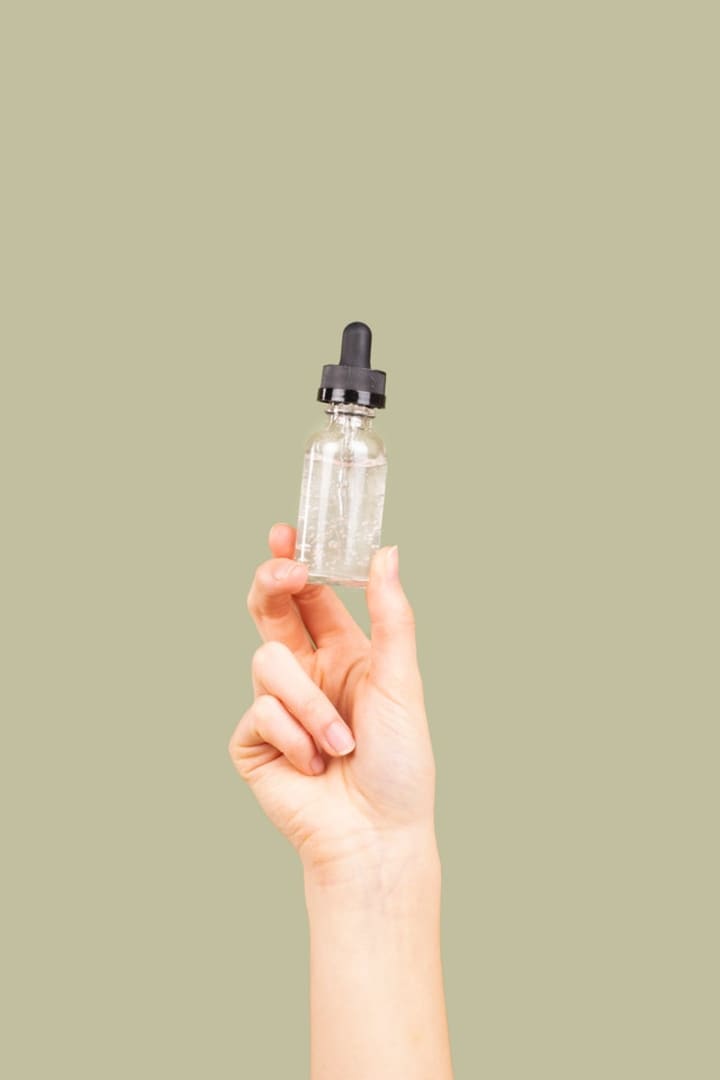Does Drinking Collagen Work?
What You Need to Know About This New Beauty Craze

The beauty world is a world of trending products and often spurious claims, both from the brands themselves and from the beauty influencers who are paid to market the products. Because of this, we're all becoming a little more careful when it comes to hopping on the latest trend (or at least we should be). These days, the big skincare and anti aging trends are retinol serums and edible or soluable collagen. Proponents of these trends claim that they help us stay looking youthful for longer. Whether this is true is still a matter of debate.
Collagen: What it is and How it is Produced

Collagen is one of the most important proteins in the body. Coming from the Greek word 'Kólla' meaning 'glue', the word collagen is apt for this hardworking protein which holds together our skin, bones, muscles, ligaments, and even our hair and nails. Our bodies create about 28 kinds of collagen by breaking down amino acids and proteins from the food we eat. The majority of the collagen in our body takes 5 different forms, however:
Type 1 accounts for 90% of the collagen in the body - this is the collagen found in the skin, tendons, internal organs, and organic parts o f the bones. Type 2 creates cartilage, type 3 makes up lymphoid tissue and bone marrow, type 4 makes up basement membrane (sheets of collagen that cover most body tissues). Type 5 collagen is found in hair and the surfacing of cells.
As we age, however, our production of collagen drops. In fact, for every year over 20, the bodies collagen production drops by 1%. This is why so many people are interested in the potential benefits of collagen supplements.
Collagen in Medicine

While the primary interest in collagen these days surrounds its potential use as a beauty or anti-aging product, it has been used in medicine for a long time. Studies and research into the use of collagen in medicine have found that it can be used to treat the symptoms of bone and joint disease, in the presence and severity of UV induced pigmentation spots, and it has also been used in gel or patch form to aid in the healing of wounds and severe burns.
The effectiveness of collagen as a topical treatment in particular has much to do with the way in which it helps to retain moisture and act as an effective barrier between areas of damage, irritation, or trauma and the rest of the world. When used clinically to treat things like arthritis, osteoarthritis, and cartilage damage, success levels vary depending on a number of factors. This variable success and impact is seen in the limited studies on the use of edible or soluable collagen supplements on aging.
Collagen Supplements as Beauty and Anti-Aging Products

So, will drinking collagen prevent aging? This is the big question and the answer is - maybe. I know, it's a horribly non-conoclusive answer, but it is the true one. There are some studies which suggest that there are indeed beauty benefits to taking collagen supplements - most notably, it might improve skin elasticity, texture, and hydration when taken in consistent amounts. Of course, it is important to note that many manufacturers of collagen supplements, like Pure Gold Collagen, commission studies themselves - so seeking out unbiased research should always be a priority. Nonetheless, these studies are required to go through a basic peer-review process, so there is generally truth to them (even when the language is slightly exaggerated).
One area where there is some level of ambiguity is with soluable collagen supplements. In order to make collagen water soluable, it must be highly processed and essentialy broken down into peptides. There is some discussion about whether this prevents it from being absorbed and used by the body in such a way that it can help the skin, hair, and nails (as well as other collagen dependent parts of the body). Hard and chewable supplements may be preferable.
There is also question as to whether it is simply better to eat a protein-heavy diet in order to stimulate collagen production (especially in younger people). Foods high in protein include:
- Chicken
- Fish
- Eggs
- Nuts
- Soy Products
- Beans
- Cheese
Generally speaking, a healthy, varied, protein-rich diet is the best way to ensure that your body produces enough collagen (or enough of any essential protein, for that matter).
Of course, a good diet or collagen supplementation alone will not keep your skin in top condition forever. Taking care of your skin with adequate UV protection, moisturuising, and retinol oils alongside boosting collagen production is important. For my acne-prone skin, I use Grace & Stella's foaming facial cleanser, La Roche Posay's Hdreane Riche moisturizer, The Ordinary's 0.5% retinol, and Nivea factor 50 suncream on my face. Finding a routine that works for you is crucial - and collagen could be an effective part of it.
About the Creator
S. A. Crawford
Writer, reader, life-long student - being brave and finally taking the plunge by publishing some articles and fiction pieces.






Comments
There are no comments for this story
Be the first to respond and start the conversation.